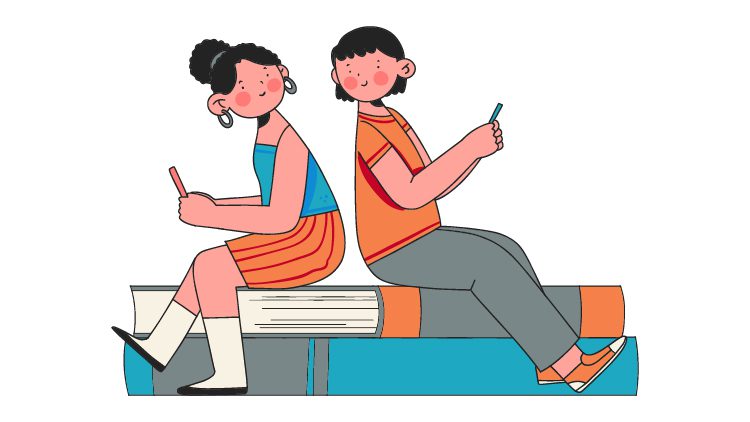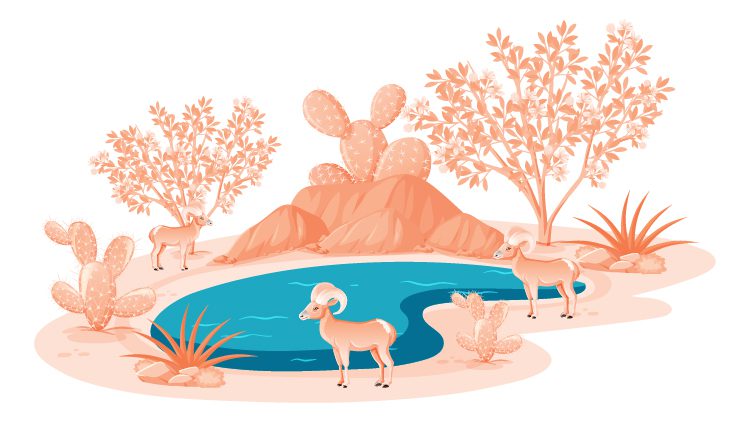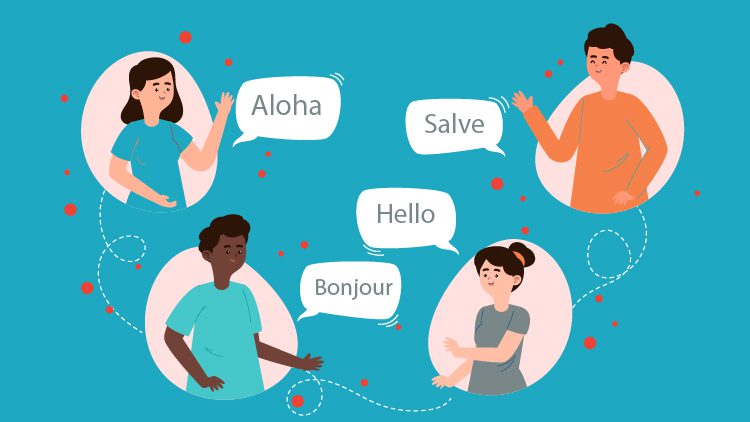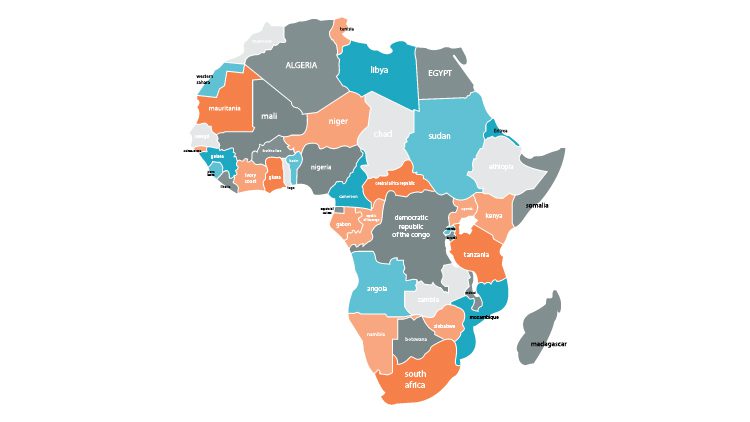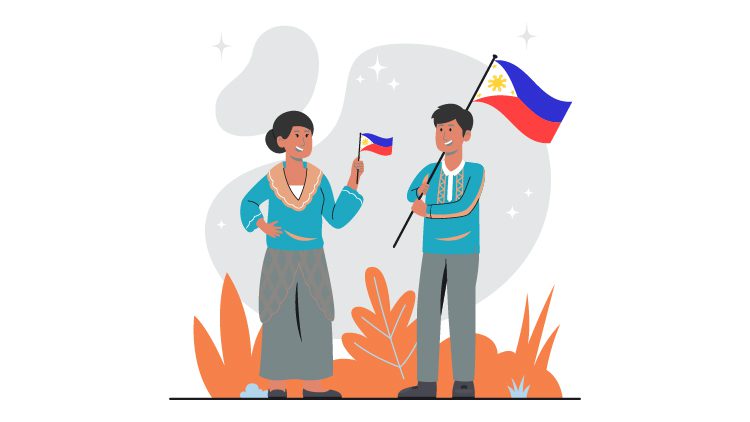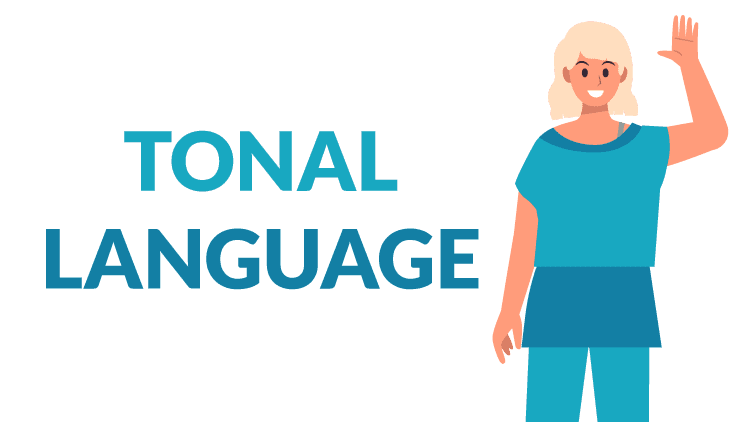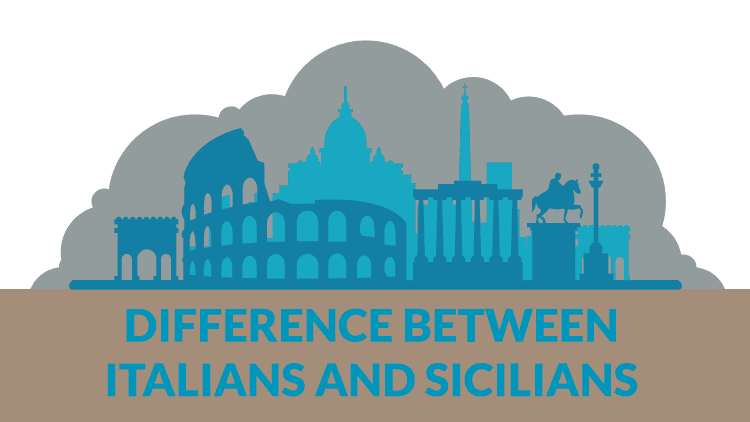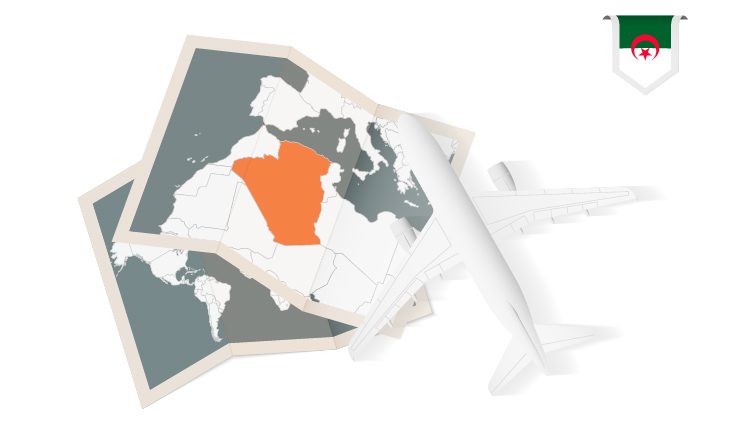Translation News
To answer this question, you need to first look at your goals as a learner. If you’re aiming to sound like a native speaker, imperfect tenses will help you achieve that goal—even if you don’t know when to use them correctly.
Read more →They’re responsible for making sure you get the right translator or interpreter when you need them, so knowing what NAATI certification means can be important.
Read more →The Sahara Desert spans thousands of miles across Africa and the Middle East, with various regional groups and tribes native to the area using different languages and dialects in their day-to-day lives.
Read more →One of the most obvious characteristics of many languages is their tone—the way in which a speaker rises and falls in pitch over the course of an utterance to provide additional meaning or convey certain emotions. This is very peculiar to English speakers.
Read more →South Africa, Kenya, and Nigeria are the only African countries most people can name. Most others require a map to locate their general location if you can even find them on the globe at all.
Read more →South Africa, Kenya, and Nigeria are the only African countries most people can name. Most others require a map to locate their general location if you can even find them on the globe at all.
Read more →When most people think of the first Filipinos, they think of the millions of people who immigrated to the Philippines between the 1950s and 1990s, fleeing poverty in their home countries.
Read more →Tonal languages are spoken in parts of Africa, Asia, and the Americas, with over 350 million native speakers worldwide. In these human languages, there’s no standard for pitch – rather, each word has its specific tone.
Read more →If you’re Sicilian, you may identify with these cultural differences between Sicilians and Italians. Even if you grew up in Italy, you may find yourself more connected to the culture of Sicily. Keep reading to learn more about 10 ways Sicilians are different from Italians!
Read more →Algeria, or the People’s Democratic Republic of Algeria, officially has two official languages: Arabic and French. However, while Arabic plays an important role in education and politics, English and other languages are becoming more popular every day due to globalization and increasing international relations with the world outside North Africa.
Read more →
